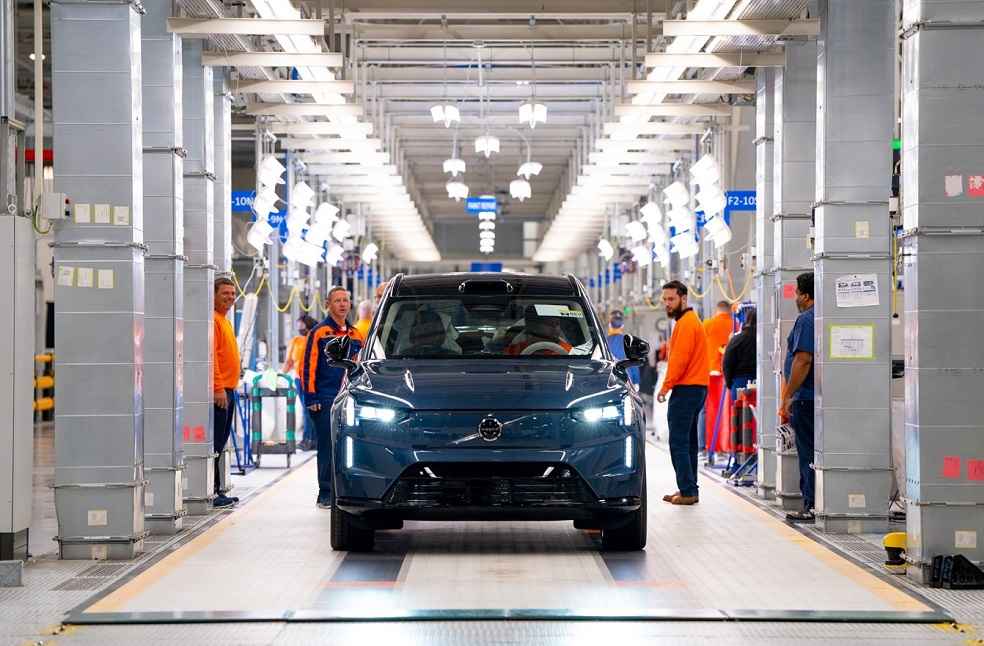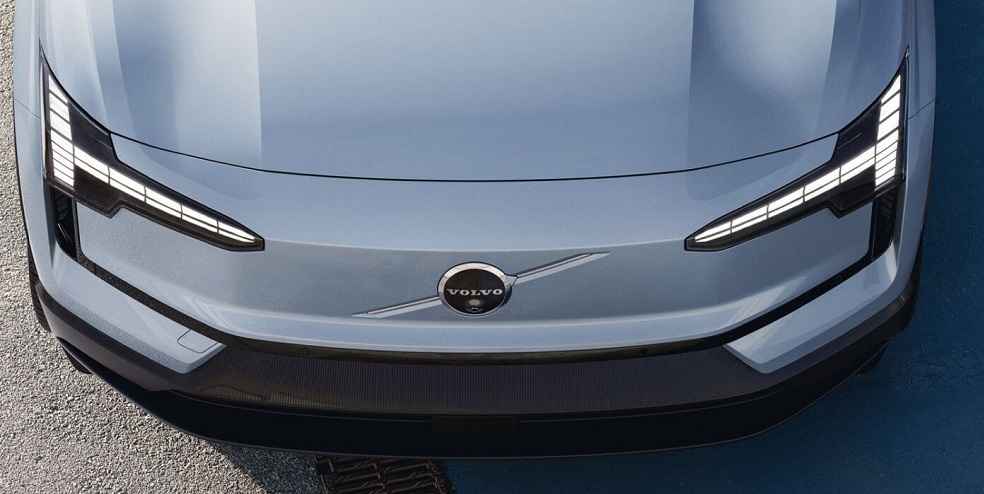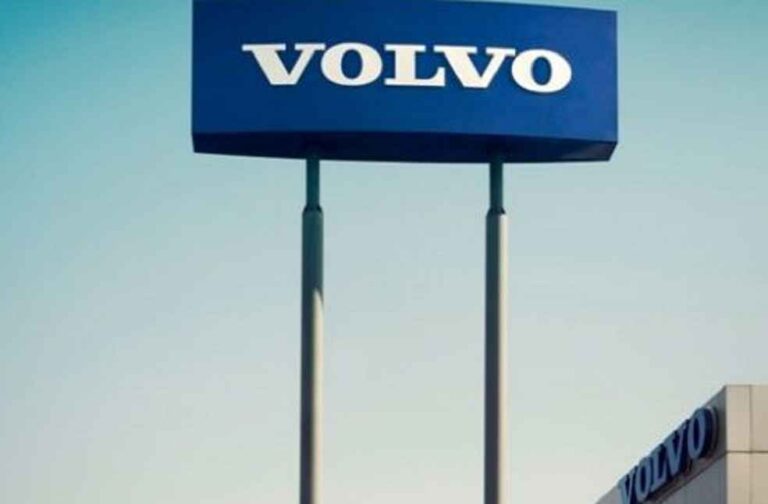Volvo Car AB has realigned its EV production line, relocating manufacturing from China to Belgium. This adjustment forsees potential European Union (EU) tariffs aiming Chinese-made EVs, which could notably impact Volvo due to its ownership by Zhejiang Geely Holding Group.
The transition encompasses the assembly lines for Volvo’s EX30 and EX90 models, reports the Times, citing anonymous sources. This realignment may also stretch to the production of certain models designated for the UK market.
The EU and China are currently engaged in escalating trade tensions, with the EU conducting multiple anti-dumping investigations into Beijing’s alleged unfair subsidies. The impending EU decision, expected next week, could introduce provisional tariffs effective from July 4, raising import duties from the current 10 percent.

Reacting to the EU’s stance, China has criticized these potential measures as efforts to ‘suppress’ its companies globally and is preparing to impose retaliatory tariffs focusing leading German automakers like Mercedes-Benz AG, Porsche AG, and BMW AG.
Simultaneously, Turkey has announced a 40 percent uptick in tariffs on all vehicle imports from China, with a minimum duty of $7,000. This move, detailed in the Official Gazette and effective in 30 days, supports Turkey’s national initiative to develop its first domestically produced EV and aims to reduce its current account deficit.
German Chancellor Olaf Scholz, speaking at a Stellantis NV’s Opel event in Ruesselsheim, Germany, articulated the negative implications of restrictive trade practices. Scholz championed the virtues of open markets and competition, stressing the necessity for fair trade relations. He asserted that isolationist policies and illegal customs barriers would only escalate costs and impoverish economies.

Highlighting the German auto industry’s dependence on Chinese partnerships, Scholz argued that a competitive stance could be maintained under equitable trade conditions. He also urged the industry to accelerate its transition to battery technology to secure a competitive edge in future markets.
As Volvo adjusts to the shifting geopolitical landscape, the broader automotive sector must navigate these complex trade dynamics while advancing towards greener technologies. This delicate balance will test automakers’ agility in responding to both market demands and international policy shifts.
GENERAL | Saudi Arabia’s Car Market Surges with High-Tech Preferences and Robust Imports





